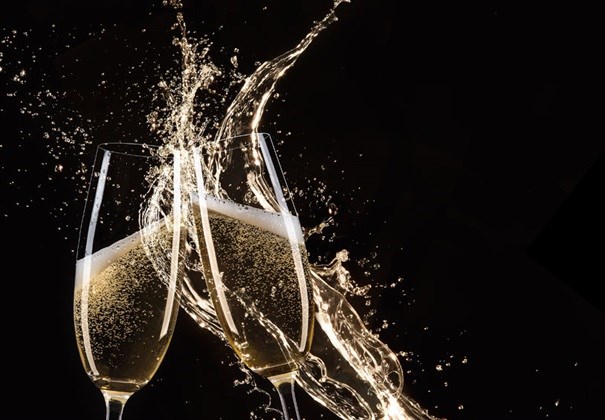
Top stories






More news


Marketing & Media
Ads are coming to AI. Does that really have to be such a bad thing?














World Health Organisation (WHO) stats show South Africa ranked number four on a list of countries with the riskiest drinking patterns and some of the world’s worst drunk driving statistics. Globally organisations such as the UN have prioritised strategies to address alcohol abuse as the third leading risk factor for poor health impacting on individuals, families, community life and whole socio-economies.
A 2010 study cited on Scientific Electronic Library Online shows that of the R16 billion in tax and excise revenues redeemed from alcohol sales that year an estimated R17 billion in expenditures was incurred by national and provincial government to redress alcohol harms, in effect demonstrating a R1 billion loss to the fiscus. Even this figure underestimates true costs to the economy, excluding as it does those borne by individuals, local government and lost productivity due to alcohol consumption.
If the above factors are correct, it is clear that both business and social models of alcohol consumption are needing a fresh approach. New mindsets with regard to the merchandising and promotion of non-alcoholic beverages are urgently required. Opportunities, and indeed responsibilities, exist for beverage marketers and retailers to set the trends in the promotion of non-alcoholic drinking rituals in the same way as they have for decades promoted alcohol-focused lifestyles as fashionable and desirable.
Encouraging news is that some shifts are being seen in the sector, with the William Grant and Sons 2016 Market Report pointing to the trend that in the UK low or non-alcohol beverages are gaining momentum in the face of growing consumer health and lifestyle demands.
Another recent report from Research and Markets predicts that new health concerns over alcohol will help boost global sales of soft drinks, fruit juices and other non-alcoholic products by almost one-third over the next five years.
Backing up these predictions are establishments such as London-based Redemption Bar. Opened in 2013, under the tagline “Spoil yourself without spoiling yourself”, their offering of vegan dishes and craft mocktails is attracting an increasing number of tourists and trend-seekers to their three branches which are said to be enjoying year-on-year revenue increases and interested angel investor backing.
The UK Office for National Statistics Adult Drinking Habits report shows that one in five adults now abstain from alcohol. Between 2005 and 2013 an overall fall of more than two-thirds in alcohol consumption, mostly among the 16- to 24-year-old demographic was seen, giving rise to an increasing number of dry bars, cafes and pop-ups, catering to alcohol-free lifestyles.
Closer to home, new sobriety trends are shifting, with local entrepreneurs such as Sexy&Sober recently having hosted a Valentine’s pop-up dry bar in central Cape Town and the World Without Wine initiative, which is growing from strength to strength hosting events such as sober book clubs and other aspirational social activations.
Another key factor contributing towards the upward sales of non-alcoholic drinks will be the need to cater to new multi-cultural societies. Sources such as Crescent Rating forecasts the global demand for products and services catering to Islamic business and leisure travellers will almost double by 2020. In addition, many African, Indian, Asian and Chinese consumers choose not to – or are forbidden to – partake in alcohol, and serving alcoholic beverages at many social or corporate events may no longer be appropriate.
Closer to home, an example of such an event was the recent Robben Island Mass Valentine’s Day Wedding, a multi-cultural event staged annually as a collaboration between the National Department of Home Affairs, the National Department of Tourism and the Robben Island management. The premier locally produced non-alcoholic bubbly, Zari Sparkling Grape juice, was chosen as the key sponsor for this year’s event, which saw 18 lucky couples tie the knot.

Demonstrating new consumption shifts in action, corks popped and chilled Zari flowed from elegant ice buckets as dignitaries and guests toasted to the health of the couples, without the alcohol or accompanying side effects, but with all the festive glamour and sparkle, perfect for a long hot summer’s wedding day.
In many instances serving or offering alcohol at corporate or social events may not be appropriate and the retail, hospitality and courtesy sectors are starting to take notice of new exciting alternatives and market opportunities.